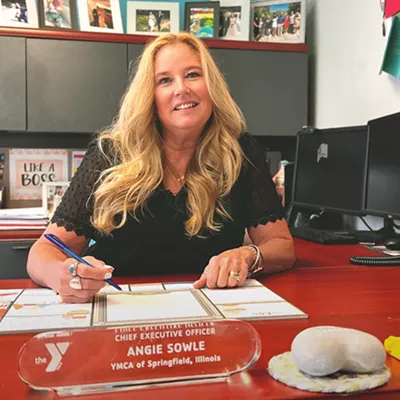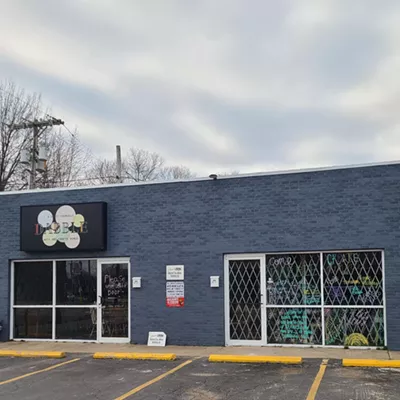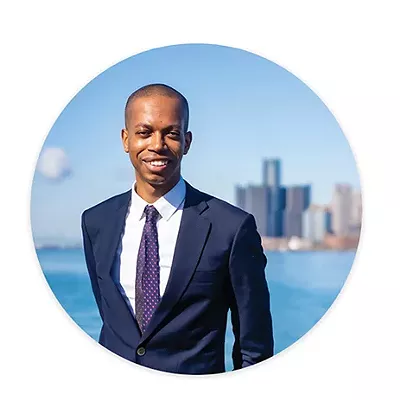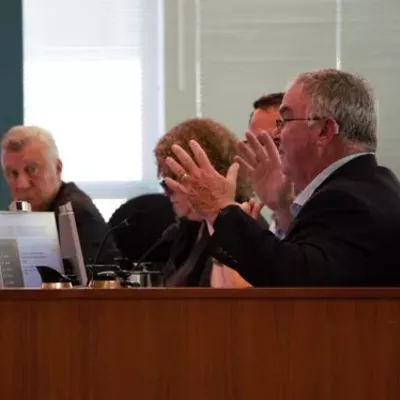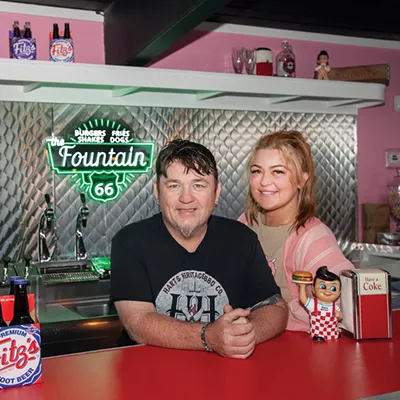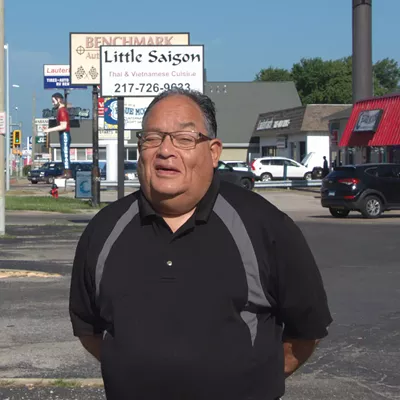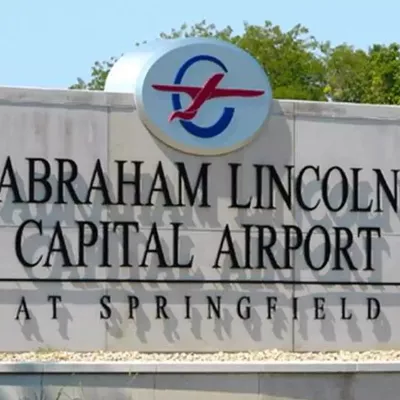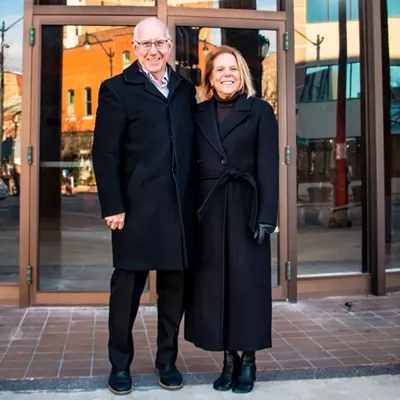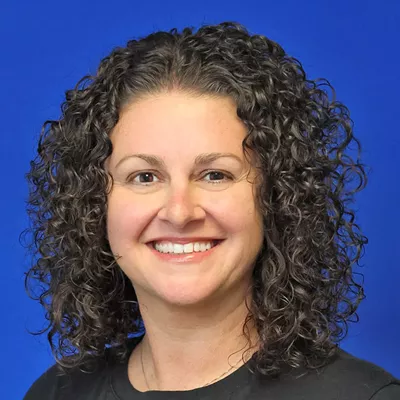By David A. Kelm
Let’s get this out of the way: medical cannabis is not the joint you found in your older brother’s car and smoked behind the garage with your buddy Tim. It’s not the real “after prom” party. It’s not your “youthful indiscretion” in Panama City during senior year spring break. It’s neither Cheech nor Chong. It’s not the tie-dye t-shirt, bandana-wearing, burrito-gobbling Grateful Dead concert (although, given the average age and multiple diagnoses of the crowd at the recent final Dead concert at Soldier Field in Chicago, medical cannabis could be a big part of that group’s current lifestyle). Medical cannabis is legal in Illinois, heavily regulated and soon to be a neighbor in downtown Springfield.
Illinois legislators finally legalized medical cannabis in 2013 with Gov. Pat Quinn signing the law on Aug. 1, 2013, following a number of other states down the path to legalization. Currently, there are 23 states and the District of Columbia permitting medical cannabis. There are also four states and D.C. allowing recreational cannabis. (Did you just read that D.C. allows recreational cannabis and think to yourself, “So, that’s what’s going on…?”) Additionally, there are numerous states that have decriminalized marijuana possession, which is different from legalizing cannabis. In Illinois, the General Assembly passed decriminalization this year imposing only a fine ranging from $55 to $125 for those caught with 15 grams or less. The bill passed with bipartisan support and is awaiting Gov. Bruce Rauner’s signature.
Illinois’ medical cannabis law currently covers nearly three dozen medical conditions that permit a patient to apply to join the registry and obtain a medical cannabis card. The application costs $100 and information can be found at the Illinois Department of Public Health website (http://goo.gl/tl2IY0). The Illinois law, while technically a pilot program, allows for 22 cultivation centers where medical cannabis is grown, harvested and processed as well as 60 dispensaries spread across Illinois where registered patients can purchase cannabis products. The Illinois program is governed by three different state agencies with the Illinois State Police reviewing the extensive security protocols.
Dispensaries are divided between the various state police districts. Springfield is in district nine, which includes Morgan, Cass, Mason, Menard, Logan, Christian and Sangamon counties. The two dispensaries selected for district nine will both open shop in Springfield within blocks of each other. The situation is a bit unique in that Springfield is the only population center in all seven counties with dispensaries. In other areas of the state, dispensaries in the same police district are not consolidated in one particular population center.
One of the dispensaries preparing to open later this year is owned by Maribis of Springfield. Maribis was also awarded a dispensary in Chicago and a license to cultivate and process cannabis products. “We are truly building a business, and an industry, from the ground up,” said Bret Bender, an attorney whose job description with Maribis is still “TBD” – to be determined. (Disclosure: Bret and I conducted a medical cannabis presentation last fall for the Illinois Government Bar Association. We did not bring samples.) While other states have permitted medical and recreational cannabis for many years, Illinois rules and regulations are far more strict than those in other states. “The law was written and is being implemented in order to maintain the integrity of the underlying goal of assisting in the medical treatment of our patients,” added Bender, who was one of the key staff members who drafted and negotiated the Illinois medical cannabis law prior to working for Maribis.
Maribis has purchased and is in the early stages of remodeling the building at the southwest corner of Fourth and Adams streets in downtown Springfield. The building used to be a financial institution, which aids in meeting some of the safeguards required in order to operate a cannabis dispensary. “The building is about 5,300 square feet and will enable Maribis to accomplish a couple of things,” Bender explained. “Of course, we will provide a safe, secure, welcoming environment for patients to enter and purchase cannabis products. But we also plan to have a portion of the facility dedicated to patient consultation and education.” While family members and patients will be able to access the educational areas of the facility, only registered patients or caregivers will be allowed through a secure entry to discuss and purchase specific products.
Medical cannabis dispensaries are only able to purchase products from Illinois cultivation centers. Products include varieties of cannabis to smoke, oils, vaping liquid and edibles. Maribis intends to supply its dispensaries with what it grows and processes from its own cultivation center. “Maribis has contracted with Phil Hague to consult with our growers and processors,” said Bender. Hague is a horticulturalist and a leading cannabis grower from Colorado. Maribis has also signed an exclusive agreement with Bhang Chocolates who will provide recipes and training to produce the high- quality edible. “We have not fully settled on everything we are going to provide, it depends on the market,” said Bender.
The economic impact of medical cannabis in Illinois is difficult to determine until the dispensaries open and are operational. Because the dispensaries for district nine are in downtown Springfield, the sites will likely add some foot traffic to other area businesses. Maribis intends to start with five to ten employees but envisions 15 to 20 employees in the future for the Springfield dispensary. While medical cannabis will only be taxed at the 1 percent pharmaceutical rate, the city may see increased sales taxes from cannabis accessories that will be taxed at the full rate. The biggest unknown is the number of patients. Currently, the state has only issued 2,600 cards out of the 22,600 applications that have been submitted for review. “We know there are about 260,000 eligible individuals in Illinois,” said Bender. “Once we get closer to opening and when we are up and running, we strongly believe that eligible patients will get registered in greater numbers.”
Illinois may be coming late to the medical cannabis table and it has taken the state’s bureaucracy an inordinate amount of time to put the rules and regulations in place, but medical cannabis will soon be part of Springfield’s landscape. Maribis and other dispensaries are legitimate enterprises seeking to build a business and add to the fabric of their host communities.
It may take time to shift the culture from thinking “Reefer Madness” to medical cannabis, but soon qualified patients will have an additional option and downtown Springfield will have a new neighbor.
David A. Kelm is a Springfield-area attorney. He can be reached at DavidAKelm@gmail.com.


